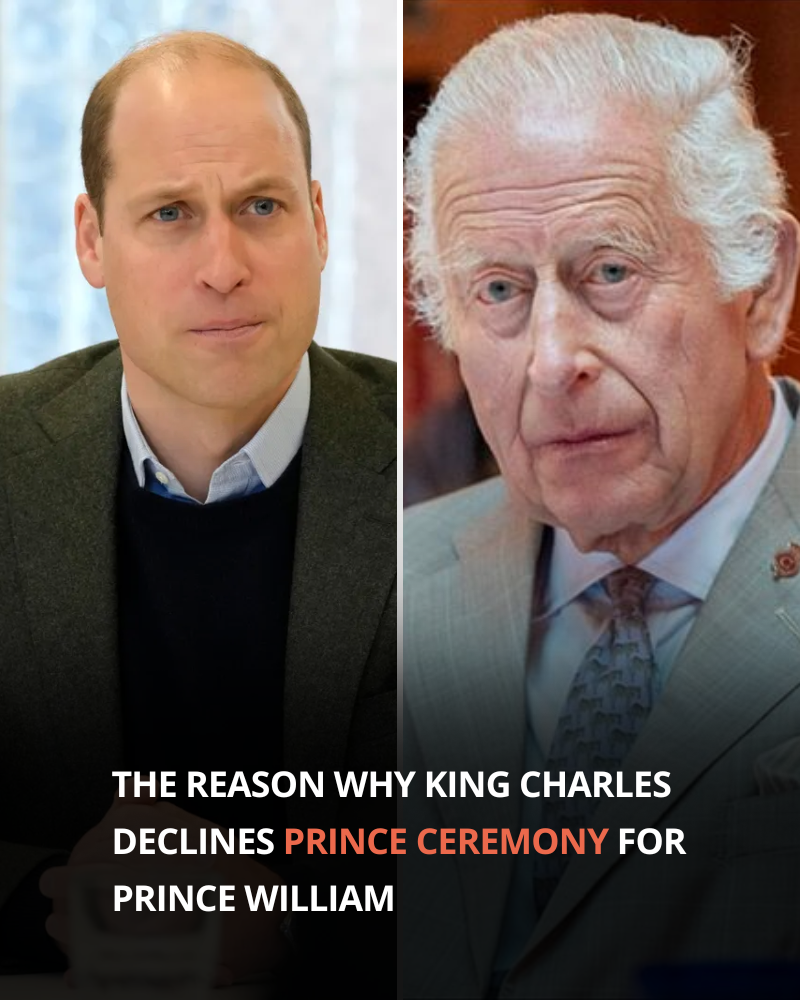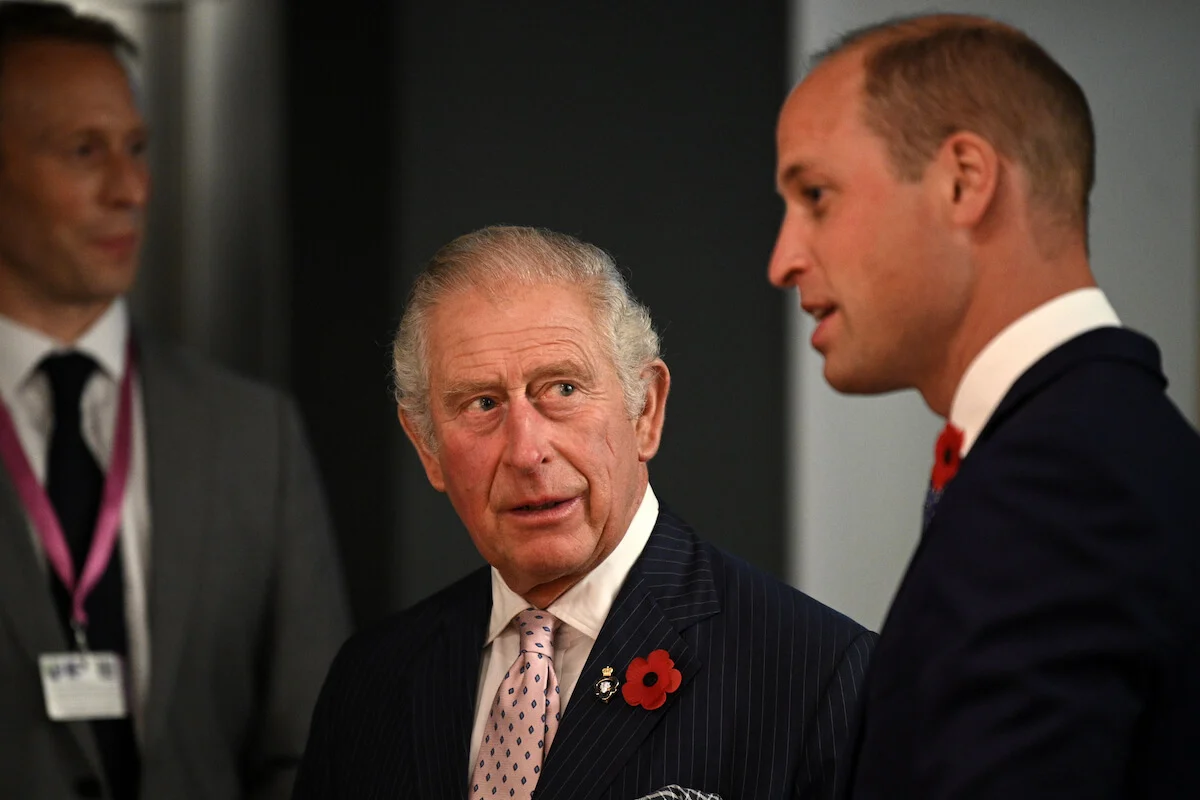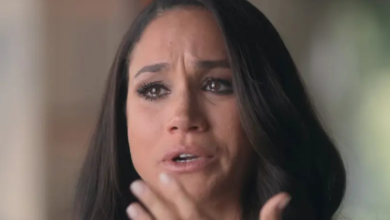
King Charles’ wait to ascend the throne finally ended in 2022 following the passing of Queen Elizabeth II. However, his initial year as monarch has not unfolded as anyone would have hoped.
In February 2023, Charles was diagnosed with cancer, a condition he continues to battle today, necessitating Prince William to take on some of the king’s duties, offering a glimpse of what his future reign might entail.
A Shift in the Royal Dynamic
Charles’ diagnosis has slightly altered his relationship with William, as the latter has increasingly stepped up in recent months. It seems Charles had a long-term plan for William, particularly to avoid a repeat of his own challenging experiences.
The Royal Family faced an especially tough year, with Buckingham Palace announcing on February 5, 2023, that King Charles had cancer. In a surprising twist, Kate Middleton also revealed her diagnosis just a month later.
“The King is grateful to his medical team for their swift intervention,” the Palace said, emphasizing Charles’ positive outlook and his desire to resume his duties soon.
Charles’ decision to go public with his diagnosis helped raise awareness about cancer, leading to a significant increase in people seeking information on the disease, as reported by Cancer Research UK.

Resuming Duties Amid Treatment
Despite his diagnosis, Charles resumed some of his royal responsibilities, pausing treatment for a state visit to Australia and Samoa in October. His health, though delicate, has been managed with caution, as royal expert Jennie Bond highlighted Charles’ resilience despite his advancing age.
While some have questioned whether Charles should abdicate in favor of William, the king remains committed to his role, despite the health challenges he faces.
William’s Preparations and a Sensitive Succession
The possibility of William ascending the throne sooner due to Charles’ health has reportedly caused some tension between father and son. Palace sources note that plans for William’s eventual reign have been expedited since Charles’ diagnosis.
Charles, however, is reluctant to abdicate, having long prepared for his reign. Nonetheless, his health issues have forced him to delegate more responsibilities to William, acknowledging the need to reassess priorities and spend more time with Queen Camilla.

Charles’ Plan for William
Charles has decided to spare William the controversial ceremonial installment as Prince of Wales, a move influenced by his own negative experience during his installation. Royal expert Huw Thomas believes this decision reflects Charles’ desire to shield William from a similar ordeal.
The tradition of passing the Prince of Wales title is expected to continue, with Prince George likely to inherit it when William becomes king. “The monarchy is built on tradition,” Thomas notes, suggesting that the royal family will likely maintain this custom.
Conclusion
Despite health setbacks, King Charles remains determined to fulfill his duties. His relationship with William has evolved, preparing both for the future of the monarchy. While Charles’ reign may face limitations due to his health, the groundwork for a seamless transition to William’s leadership is being meticulously laid.







